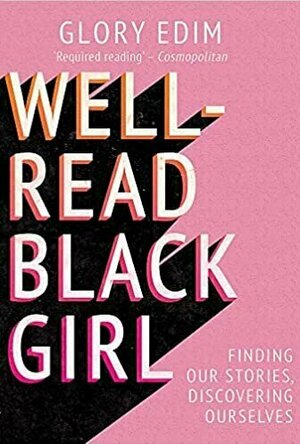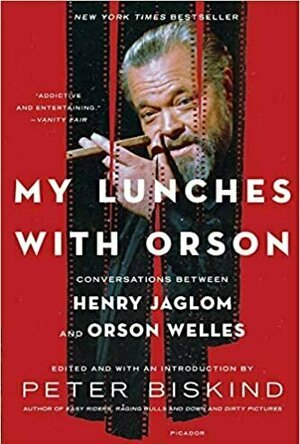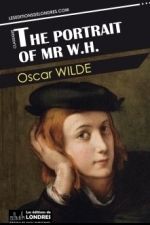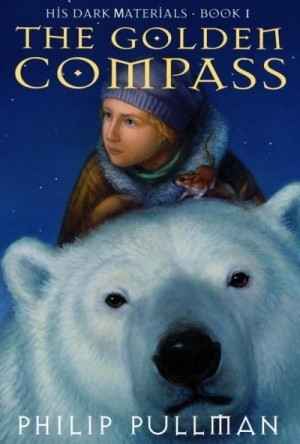
Well-Read Black Girl: Finding Our Stories, Discovering Ourselves
Book
'Required reading.' - Cosmopolitan 'This should be read as a sacred text. Here, you will bear...

My Lunches with Orson: Conversations between Henry Jaglom and Orson Welles
Book
BASED ON LONG-LOST RECORDINGS, A SET OF RIVETING AND REVEALING CONVERSATIONS WITH AMERICA'S GREAT...

English Today
Education and Magazines & Newspapers
App
Since August 2006, a monthly English language magazine “English Today” is being published under...

Al Burda ( Islam Quran Hadith - Ramadan Islamic Apps )
Education and Book
App
Al-Khawarizmi is a trusted name in Islamic Apps development for years. We have sold thousands of...

Strong Words: Modern Poets on Modern Poetry
by W. N. Herbert (Editor), W.N. Herbert (Editor)
Book
Poetry has never been so rigorous and diverse, nor has its audience been so numerous and engaged....
Essay Poem Poetry Academic Literature Study

Absolution
Book
Ten years after the publication of Annihilation, the surprise fourth volume in Jeff VanderMeer’s...
Weird Fiction Speculative fiction

Corporate Sustainability, Social Responsibility and Environmental Management: An Introduction to Theory and Practice with Case Studies
Book
This book provides a concise and authoritative guide to corporate social responsibility (CSR) and...
Eilidh G Clark (177 KP) rated The Portrait of Mr W.H. in Books
May 14, 2017
Wilde presents a subjective interpretation of Shakespeare’s sonnets that portrays homoerotic sexual desire as the force for creative inspiration. Foremost, through the character Cyril Graham, the author demonstrates that art is ‘an attempt to realise one’s own personality on some imaginative plane out of reach of the trammelling accidents and limitations of real life’, (Wilde, p.111).
Taking from a hypothesis in the previous century by Edmund Malone and Thomas Tyrwhitt, the character of Cyril forms a theory in which Mr W.H. is a young actor named Willie Hughes, employed by Shakespeare and who is the muse to which the sonnets are devoted. Cyril investigates each poem and pieces together a theory he believes to be true.
On the surface, Cyril’s theory derives from feeling and beauty rather than logic and instruction.
The withholding of facts in Shakespeare’s sonnets energises Cyril. He scours the poems to find a clue that harmonise with his own feelings. Cyril believes that Shakespeare influences his readers by guiding them to Willie Hughes.
Cyril, spurned by the moralistic interpretations of previous critics, becomes enthralled by Shakespeare’s muse.
tapestry100 (306 KP) rated The Golden Compass in Books
Aug 2, 2017
Philip Pullman's The Golden Compass will forever be one of my favorite books. I remember reading it when it was first published in 1995 and thinking then I had never read anything like it before, and each subsequent reading (along with the other books in the His Dark Materials series, The Subtle Knife and The Amber Spyglass) still brings that feeling of wonder. The ideas and themes that Pullman introduces in these books challenged me as a reader then, and still do over 20 years later.
Lyra's story of friendship and loyalty found in the most unlikely places, and opposing and challenging those whose beliefs may be strong but not necessarily in the right, resonated strongly with me right out of high school, and I still think that these are important themes for any young reader to experience, especially told through Lyra's eyes. Her strength of character and resolve in what she believes right creates a fantastic role model for anyone, but especially those, I think, who are trying to find their way in the world and are looking to literature to help them. Of course, Pullman disguises much of this in a fast-paced adventure story filled with political intrigue and suspense around every corner, so it will keep readers both young and old eager to find out what happens next. Not every book deserves the title "unputdownable", but I think this was one of my first experiences with a book that earned that description for me. An alternate universe, witches, daemons, polar bears who talk, and more make this book one of the more unique books you'll read, and Philip Pullman's writing is beautiful and poignant.
Rachel King (13 KP) rated Summer of Secrets (Seasons of the Heart, #1) in Books
Feb 11, 2019
The characters were easily relate-able, even with such polar opposites as Rachel - high-maintenance and emotional - and her long-lost sister, Tiffany/ Rebecca - withdrawn and goth. I also rather liked Micah, Rachel's fiance, for his desires to help others and be responsible while also being honest with himself. Rebecca is the perfect dichotomy to the Amish faith, as she questions everything and behaves and dresses nothing like the Plain people, though she was born in the community. Miriam, the triplet's widowed mother, is also a subtle example of how even the women can gain independence and self-sufficiency by operating her own restaurant with the aid of her daughters.
I thoroughly enjoyed this book, especially for its conservative approach to romance and drama, and I know that I will be delving into more Amish literature.


